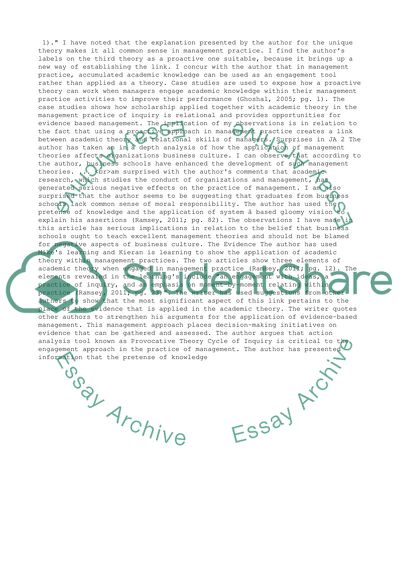Cite this document
(“Management in context Essay Example | Topics and Well Written Essays - 1250 words”, n.d.)
Retrieved from https://studentshare.org/management/1489391-management-in-context
Retrieved from https://studentshare.org/management/1489391-management-in-context
(Management in Context Essay Example | Topics and Well Written Essays - 1250 Words)
https://studentshare.org/management/1489391-management-in-context.
https://studentshare.org/management/1489391-management-in-context.
“Management in Context Essay Example | Topics and Well Written Essays - 1250 Words”, n.d. https://studentshare.org/management/1489391-management-in-context.


